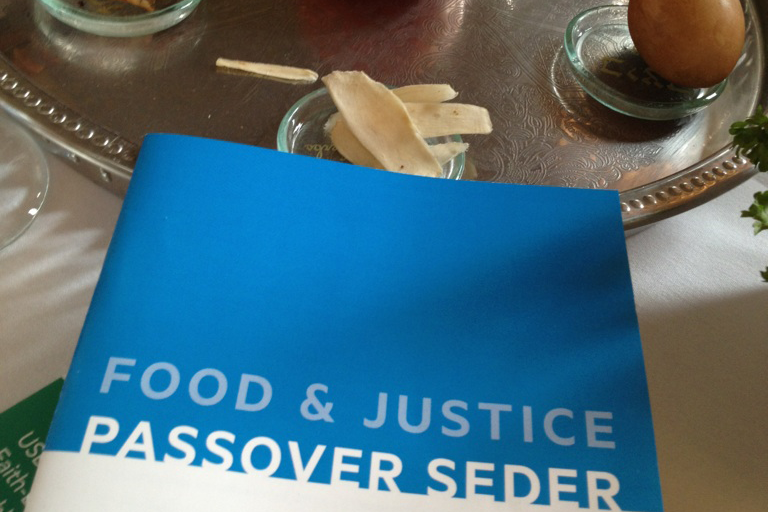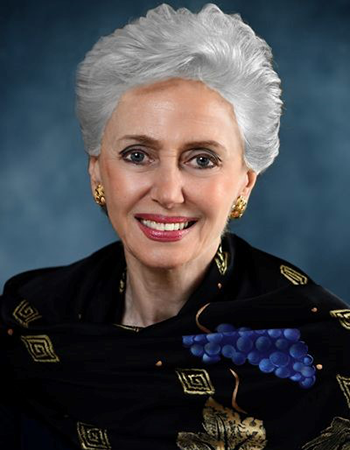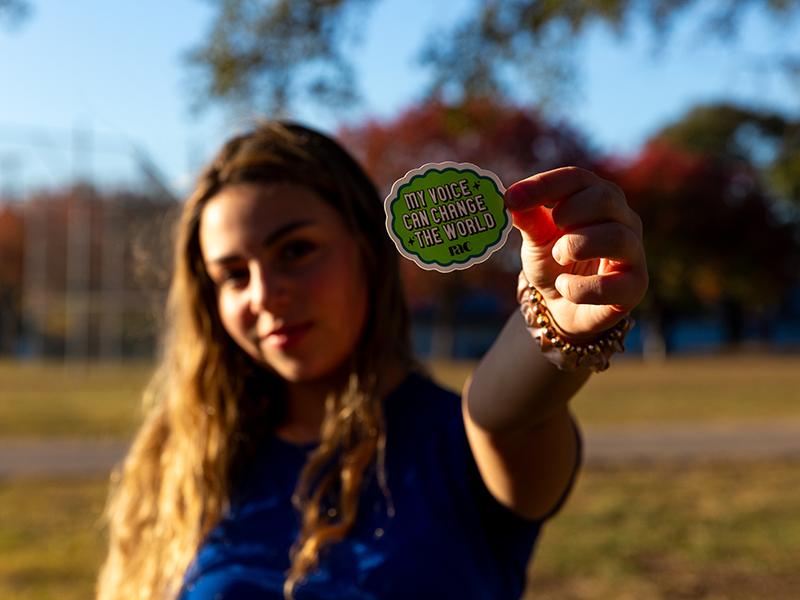
The Exodus story is the master narrative of the Jewish people. As most of us know, it tells the story of the Hebrew slaves in Egypt and the rise of Moses as their liberator. It is a universal story of overcoming oppression and standing for freedom. Beyond that, it is the source of three core beliefs: the obligation to care for the stranger; the radical leap required to worship an abstract deity that cannot be heard, seen, or touched; and the idea that every person is made in the sacred image of God. These are the guideposts for facing the challenges of our present and our future.
This story and its implications are especially resonant following the Hamas terror attack on Israel and the subsequent, devastating war with Hamas in Gaza. Again, we watch in horror as this war unfolds in the Promised Land to which Moses devoted his ministry. It reminds us that in 2024, the universality of Passover's three-part message again reverberates through the generations: freedom, love, and justice:
Freedom
The complete quote from the Hebrew scriptures is: "Let my people go so that they may hold a feast unto me in the wilderness." What does it mean to be let go? In Judaism, it's not just about freedom from, it's about freedom to. Specifically, freedom to serve God. We do that by engaging in Tikkun Olam, the work of repairing the world. God's covenant with Abraham bound the Jews as God's chosen people. But that has nothing to do with special privilege and everything to do with special responsibility. We are charged to actively engage with the world.
Love the stranger
The litany that is repeated every year, at every seder table, in every country is: "You shall love the stranger because we were strangers in the land of Egypt." We sear this founding story into the brain of every Jewish child so that the experience of bondage is fresh for every generation. And this doesn't happen just one week a year during Passover. Every Shabbat is a reminder of our bondage when we didn't have the freedom to celebrate creation or the freedom to relax. And even if we were never slaves, that's not the point. The point is, out of our own intergenerational pain, we are obligated to empathize with the suffering of others and to do something about it.
Judaism's single greatest contribution to civilization is the idea that every human being is made in the sacred image of God and is worthy of dignity and respect. Therefore, when one looks at another person, we shouldn't be seeing a stranger. We are seeing the face of God.
Justice, justice, you shall pursue
The story of Moses and Passover remain a central tenet of Jewish social justice work. Living in Egypt, Moses grew up to be outraged by the cruelty and violence he witnessed toward the Hebrew slaves and becomes their liberator. In his quest to lead the Jews from bondage and into the promised land, it was that sense of providing justice for his people that drove him across the Red Sea. His awakening to justice happens when he visits a construction site - supposedly the building of a pyramid. There, Moses witnesses a cruel taskmaster relentlessly beating a slave. Moses is outraged and slays the perpetrator. He flees Egypt for Midian and lives among the Hebrews, where he receives his calling from God to be the first abolitionist.
There are many questions about whether the events in the Haggadah really happened and about whether Moses was actually born an Egyptian prince or was a Hebrew survivor of genocide. The truth of it doesn't really matter. It's the message that matters. Passover reminds us that it is our duty to stand for all those who are unable to stand for themselves.
When we sit down to our Seder tables this year, as in every year, we will read "This year we are slaves. Next year, may we all be free." The word "Israel" means to wrestle with God. We must use our freedom to wrestle with the crisis in Israel and Gaza and wrestle with cases of injustice and oppression around the world.
As we gather for Passover to share the story of our liberation, we pray for the safe return of those held hostage, and our hearts break for all those who suffer. We may worry that conversations around our tables this year will be fraught, or even impossible. Download a URJ seder supplement with four questions focused on conversations about Israel and having open-hearted conversations.

